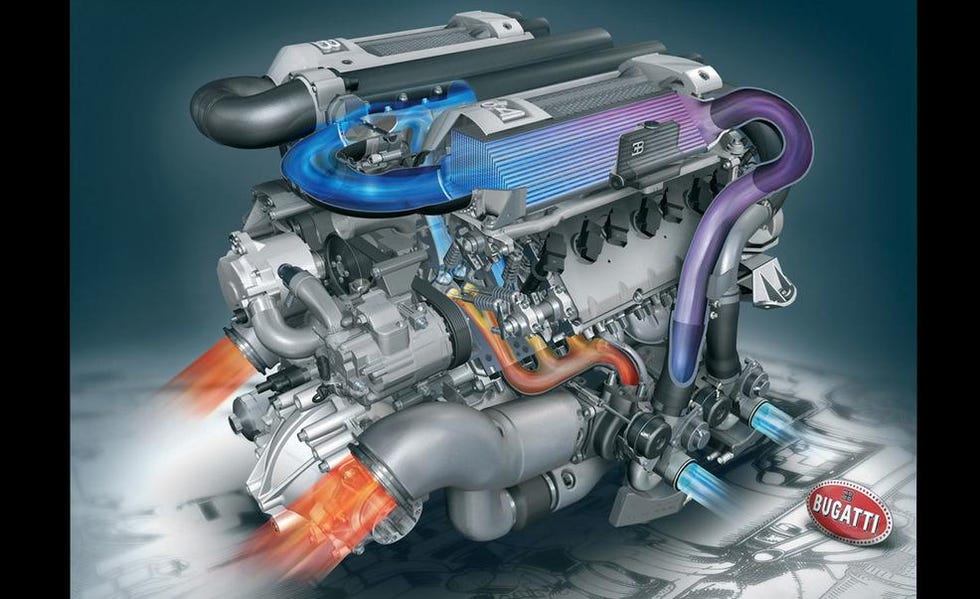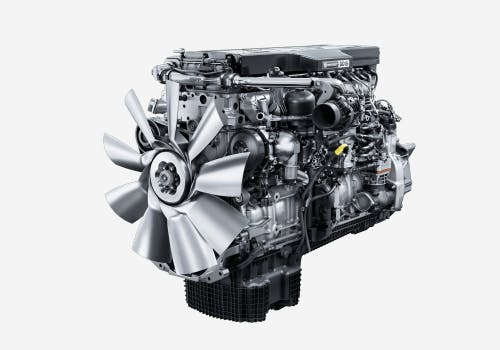Engines For Africa: Leading copyright of Costs Engines
Engines For Africa: Leading copyright of Costs Engines
Blog Article
Check Out a Wide Variety of Engines for each Automobile and Objective
The auto landscape is increasingly complicated, with a diverse range of engine kinds made to fulfill details efficiency and performance needs throughout numerous automobile classifications. From the high-performance engines that power cars to the fuel-efficient alternatives customized for everyday commuting, the choices are vast and differed. In addition, sturdy engines offer the requirements of work vehicles, while eco-friendly choices are obtaining grip in the quest of sustainable transportation. Recognizing these differences is crucial for making informed choices, especially as emerging technologies proceed to form the future of automobile engineering. What effects might these improvements hold for suppliers and consumers alike?
Kinds Of Automotive Engines
Automotive engines can be categorized right into several distinctive types, each created to fulfill certain performance and effectiveness needs. The most typical groups include inner combustion engines, electric engines, and crossbreed systems.

Electric engines, on the various other hand, operate on electrical power saved in batteries, offering instant torque and no exhausts. These engines are ending up being increasingly prominent as a result of developments in battery modern technology and the growing emphasis on sustainability.
Crossbreed systems incorporate both internal combustion and electrical engines, enabling cars to maximize fuel effectiveness and decrease emissions by effortlessly changing in between power resources. Each engine kind presents its downsides and advantages, affecting factors such as automobile layout, planned use, and market demand. Comprehending these distinctions is crucial for producers and customers alike when picking the proper engine for their specific requirements.
Performance Engines for Sports Cars
Performance engines for sports vehicles are particularly engineered to provide improved dexterity, speed, and power, setting them aside from conventional vehicle engines. These engines commonly use sophisticated innovations such as turbocharging, supercharging, and variable valve timing to make best use of performance and responsiveness.
Commonly, efficiency engines are made with greater compression proportions, which enable higher power removal from gas. This causes excellent horsepower and torque figures, making it possible for quick acceleration and higher leading speeds. Additionally, the lightweight products used in these engines, such as aluminum and carbon fiber, add to decreased overall lorry weight, improving handling and maneuverability.
Engine setups like V6, V8, and also hybrid systems prevail in performance sports autos, each offering one-of-a-kind benefits in terms of power distribution and driving characteristics. The adjusting of these engines is also vital; many suppliers enhance the engine monitoring systems to supply a thrilling driving experience, frequently consisting of sport modes that change throttle feedback and gear changes.
Reliable Engines for Daily Commuters
In the realm of day-to-day travelling, effective engines play a critical role in maximizing fuel economic situation and reducing exhausts while providing trustworthy efficiency. As urban populations expand and ecological concerns increase, the demand for cars equipped with effective powertrains has visit risen.
Modern engines created for daily travelers often integrate innovations such as turbocharging, straight gas shot, and hybrid systems. Turbocharging enhances engine effectiveness forcibly even more air right into the burning chamber, permitting smaller, lighter engines that do not jeopardize power click here to find out more outcome. Direct fuel injection enhances fuel atomization, causing far better burning and raised performance.
Crossbreed engines, incorporating internal burning with electrical power, more augment fuel economy, especially in stop-and-go web traffic, where standard engines can experience from inefficiencies. Electric electric motors assist throughout acceleration and can operate independently at low rates, reducing overall gas intake.
In addition, innovations in engine monitoring systems and light-weight materials contribute significantly to efficient engine layout. By concentrating on efficiency, toughness, and environmental sustainability, producers remain to supply engines that not just satisfy the demands of day-to-day travelling however additionally straighten with international initiatives to decrease carbon impacts.
Heavy-Duty Engines for Job Automobiles
Heavy-duty engines for job cars are routinely crafted to provide extraordinary torque and reliability under requiring conditions. These engines are designed to execute in atmospheres where traditional engines might falter, such as construction websites, logging operations, and farming settings. The key focus of sturdy engines is their ability to create high levels of power while keeping sturdiness over extended durations of operation.
Normally, heavy-duty engines make use of advanced products and robust building and construction techniques to hold up against the rigors of hefty work. Functions such as enhanced cylinder blocks, boosted cooling systems, and progressed fuel injection modern technologies add to their efficiency. These engines frequently run at reduced RPMs, which helps to enhance gas effectiveness while giving the necessary power for pulling and hauling.
Along with mechanical robustness, durable engines are usually geared up with advanced digital control devices (ECUs) that manage performance, discharges, and diagnostics. This assimilation permits for better tracking and maintenance, ensuring that work vehicles continue to be effective and operational.
Inevitably, heavy-duty engines are an important component in the productivity of numerous markets, supplying the essential power and integrity to deal with the toughest of tasks.
Eco-Friendly Engine Options
The growing emphasis on sustainability has resulted in the growth of green engine choices that focus on lowered exhausts and boosted gas performance. These engines are created to decrease the environmental impact of cars while still providing the efficiency and integrity expected by customers.
Amongst the most noteworthy green choices are hybrid and electrical engines. Hybrid engines integrate redirected here standard internal burning engines with electric propulsion, permitting lowered fuel usage and reduced greenhouse gas exhausts. Electric engines, on the other hand, operate entirely on battery power, creating no tailpipe discharges and adding to cleaner air quality.
One more encouraging growth is the development of biofuel engines, which use renewable energies, such as plant products, to power cars (Engines For Africa). By making use of biofuels, these engines can decrease reliance on fossil fuels and reduced general carbon impacts

As the automotive sector develops, environmentally friendly engine alternatives will play an essential duty in driving the shift in the direction of more lasting transportation solutions.
Final Thought
The automobile sector provides a varied array of engines created to meet different vehicle requirements and purposes. From high-performance engines that improve cars capacities to efficient designs focusing on fuel economic situation for daily travelers, each kind serves a specific feature. Durable engines deal with durable work automobiles, while eco-friendly choices, such as electrical and biofuel engines, advertise sustainable transportation. This thorough range makes sure that all driving needs are dealt with, adding to advancements in automobile innovation and ecological stewardship.

Report this page